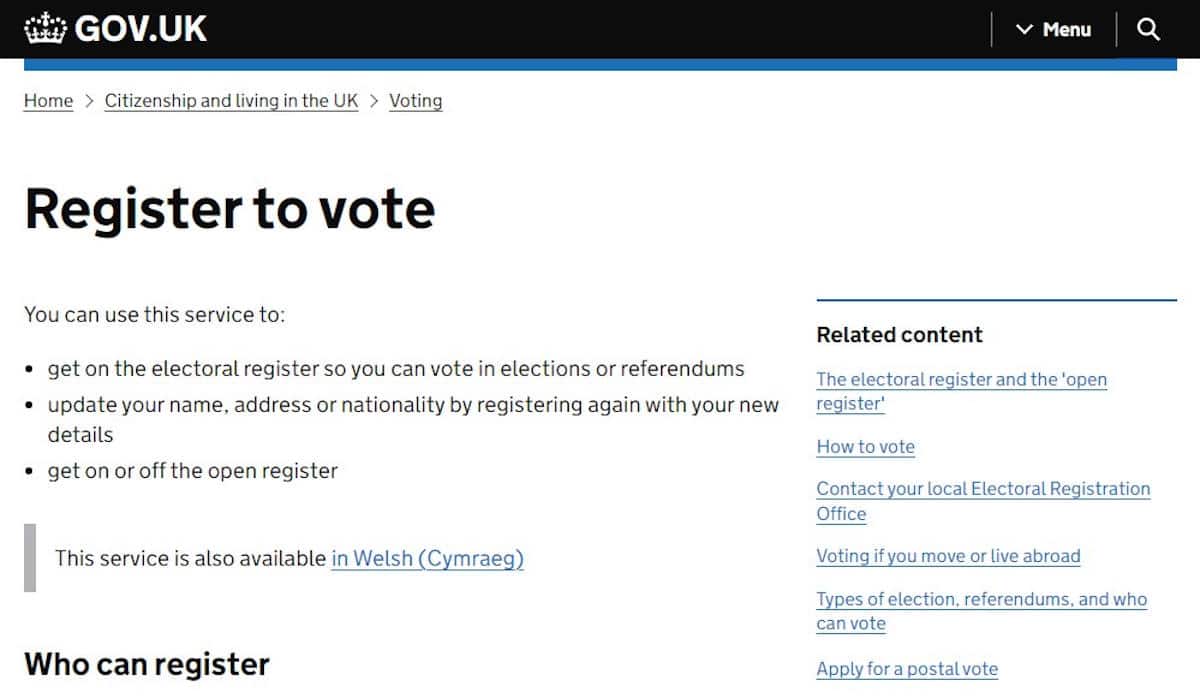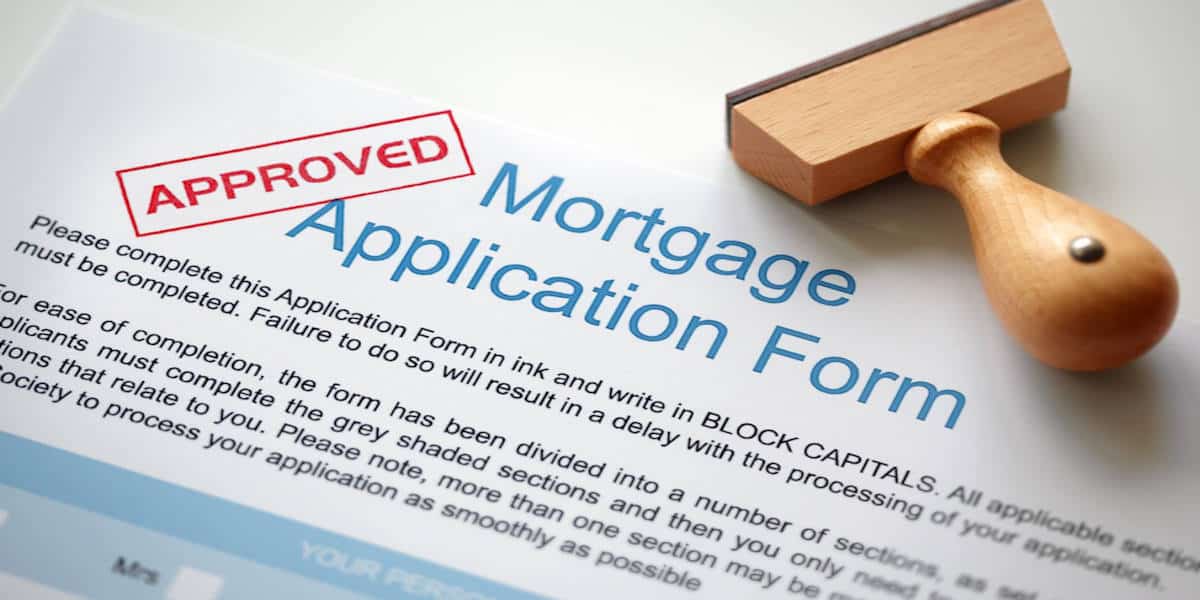It’s an exciting time planning to buy your first home.
Having a place to call your own, decorate it how you want, and to be able to host friends and family.
It’s so tempting to want to start viewing properties and consider making an offer, but are you really prepared? How much do you really understand about what mortgage lenders are looking for?
As the old saying goes, “By failing to prepare you are preparing to fail” and it’s so true when it comes to getting a great mortgage deal.
Here are my ten mortgage application tips to increase your chances of being approved first time.
1. Improve Your Credit Report
I come across many first time buyers with no credit at all, perhaps only a mobile phone contract.
Maybe your parents or grandparents told you that if you don’t have it, don’t spend it! And they may have a point, but not when you need to apply for a mortgage.
Having no credit at all is as bad as having too much. Some level of debt repayment history will give a lender an indication of how likely you are to pay it back.
To help build up your credit score, you could consider applying for a credit card. Just make sure to set up a direct debit to repay the full balance each month to avoid missing any payments.
2. Get On The Electoral Roll
Again, many first time buyers, especially those that are fresh out of university, have probably rented accommodation several times in a short amount of time.
This can sometimes go against you, especially if the addresses haven’t been registered.
As part of a credit check, lenders use the electoral roll to verify your identity, so not being registered can reduce your choice of lenders.

It’s so simple to register on the electoral roll and takes just a few minutes.
The sooner you register, the sooner it will improve your chances of getting a mortgage offer.
3. Check Your Credit History
Sometimes things can go wrong without you even knowing about it.
There are countless times when my clients have checked their credit file and discovered an outstanding bill they were completely unaware of that made the mortgage process so much harder.
Don’t fall into this trap.
It’s easy to avoid by keeping track of your credit file. You can do this by setting up an account with one of the three main credit reference agencies, such as Experian or Equifax.
They will charge you a monthly subscription to monitor your file, but usually offer a free trial first.
4. Make Sure Your Bank Accounts Are Healthy
Mortgage lenders will use multiple ways to assess whether you are a safe risk for lending. This includes requesting your bank statements prior to your application.
In most cases, they will request three months statements for the account where your salary is paid in, and your bills are paid out.
If you are self-employed, they will ask to see your business bank accounts as well.
Lenders will look at what you are spending your money on, so if you use your overdraft regularly, or rely on pay day loans, you need to manage your money differently.
5. Maximise Your Deposit
The amount you borrow compared to the property price is what’s called “loan to value” (LTV).
This determines the mortgage product and interest rate you are eligible for. So, the larger the deposit, the lower the lending risk and interest rate will be.
With most lenders, the lowest LTV is between 50% and 60% and the highest is usually 95%.
6. Stability Is Key
Mortgage lenders love stability.
They need to be certain you can make your repayments on time every month. So having stable and predictable employment will increase your chances of getting a mortgage approved.
Applicants with permanent, long term employment and a consistent income will be more appealing than those with zero hours or temporary contracts for less than a year.
That’s not to say zero hours or temporary contract workers can’t get a mortgage. It’s just not as easy and your choice of lenders will be limited.
Again, it’s about stability and certainty.
If you have a record of at least two years with the same employer, it will definitely help you.
7. Worried About Being Self-Employed?
Worry not!
It’s not necessarily harder to get a mortgage if you’re self-employed, you just need to show a healthy track record with at least 2 -3 years financial accounts.
What income a lender will use for affordability depends on how your business is set up, too. For example, the income for a sole trader will differ from a limited company.
That’s why it’s important to specify the correct business structure on your application form to make sure your borrowing potential is calculated accurately.
Get it wrong, and you might get a shock when the lender comes back with a lower figure than expected.
8. Choose the Right Property
Even if you tick all the right boxes, that doesn’t mean that the property you are buying will!
A mortgage lender will also carry out careful checks on your chosen property, so be wary of any that are built using non-standard construction. Anything other than brick or stone walls and tile roof will be seen as a higher risk.
Properties next to retail or commercial premises such as a fish n chip shop, takeaway, or pub will also be harder to borrow against.
9. Get a Mortgage in Principle
I always advise my clients to get a MIP before booking viewings and making an offer.
A mortgage in principle is confirmation from a lender of how much they are willing to lend you and avoids the disappointment of setting your heart on a property that ultimately you can’t afford.
So to give you the best possible chances prepare, prepare, prepare!
Did I say prepare? Just making sure that sunk in.
10. Get Independent Advice and Support
Would you climb Everest without taking an expert guide that had years of experience and knew the best routes? Or would you risk it and go it alone?
Don’t do the same with your finances; it really is a no-brainer.
An independent mortgage broker can match your circumstances to the best deals from across the market and ensure everything is in place before submitting an application.
Having an expert with you to answer all the difficult mortgage questions and avoid the pitfalls makes the journey to your first home much less stressful.
Get started by completing the mortgage ready quiz.



